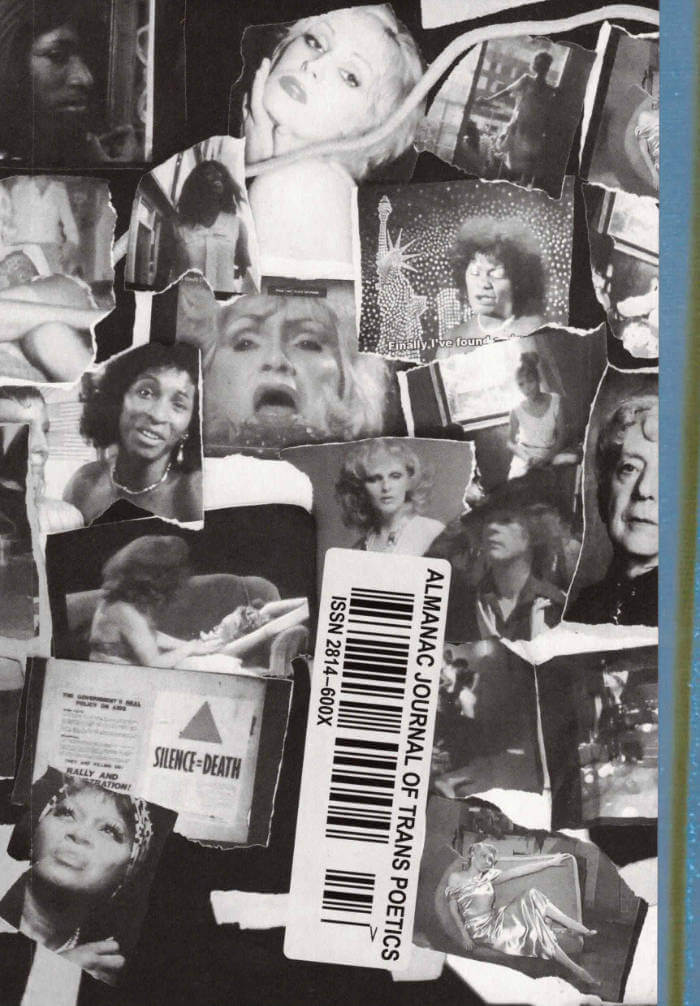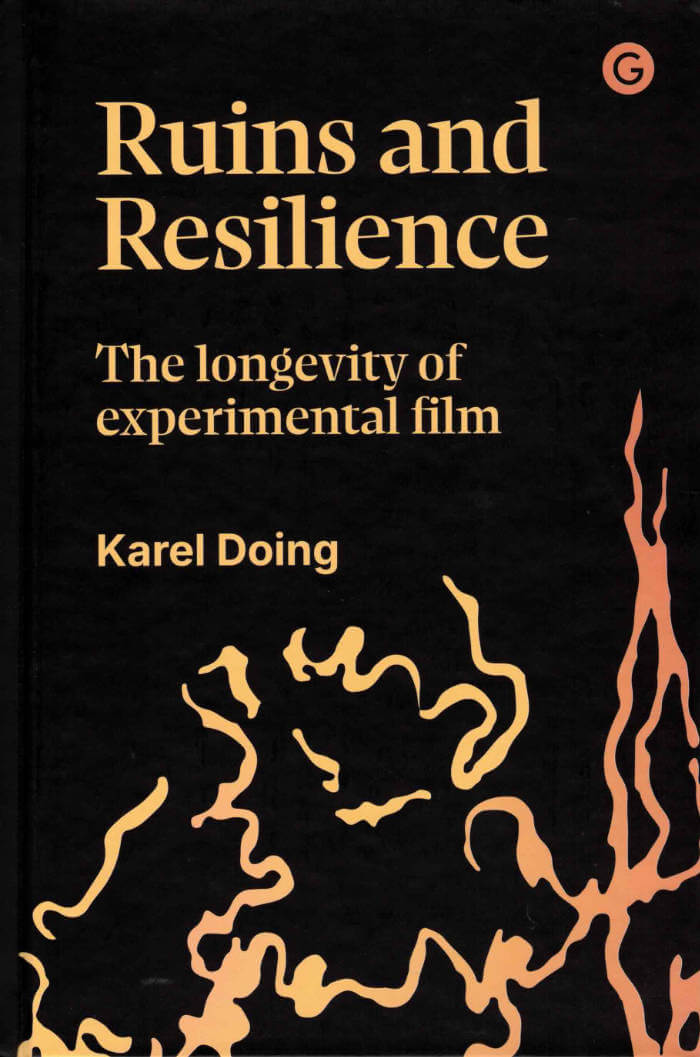
Almanac Journal of Trans Poetics: ISSUE #3 Cinema
Almanac Press ed.
In this issue, you’ll find different angles and takes on trans cinema. Featuring 22 contributors — the issue got pieces on gothic cinema, growing up as a TV kid in the 90s, trans femme film favs, cripness in Cronenberg’s work, love letters to the intimacy of the cinema hall and much more!
Sit back and get comfortable and let this third release take you on a journey through interviews, essays, comics, YouTube playlists, top favourite movie lists and beautiful, powerful film stills. This one is not to be missed!
Language: English




